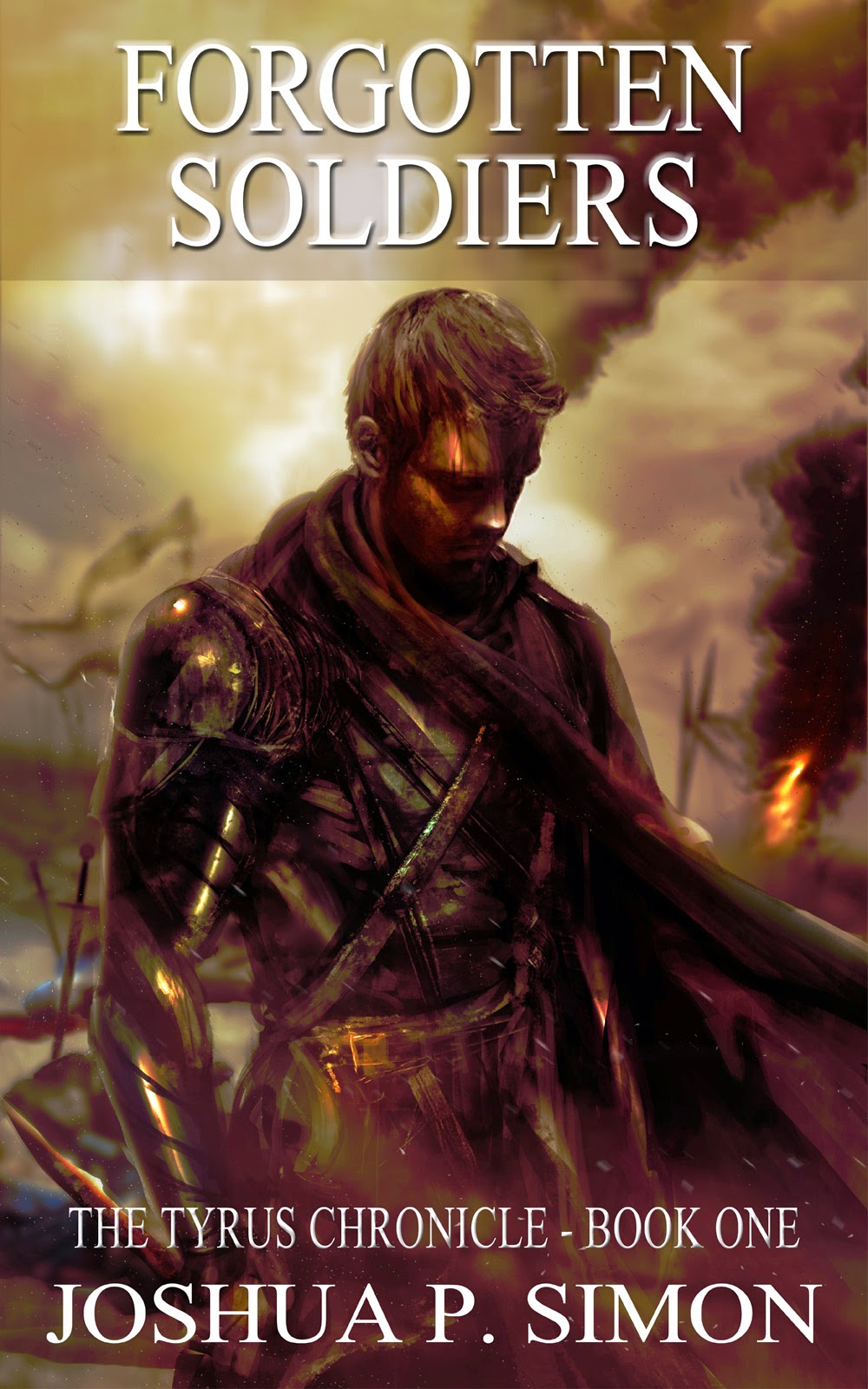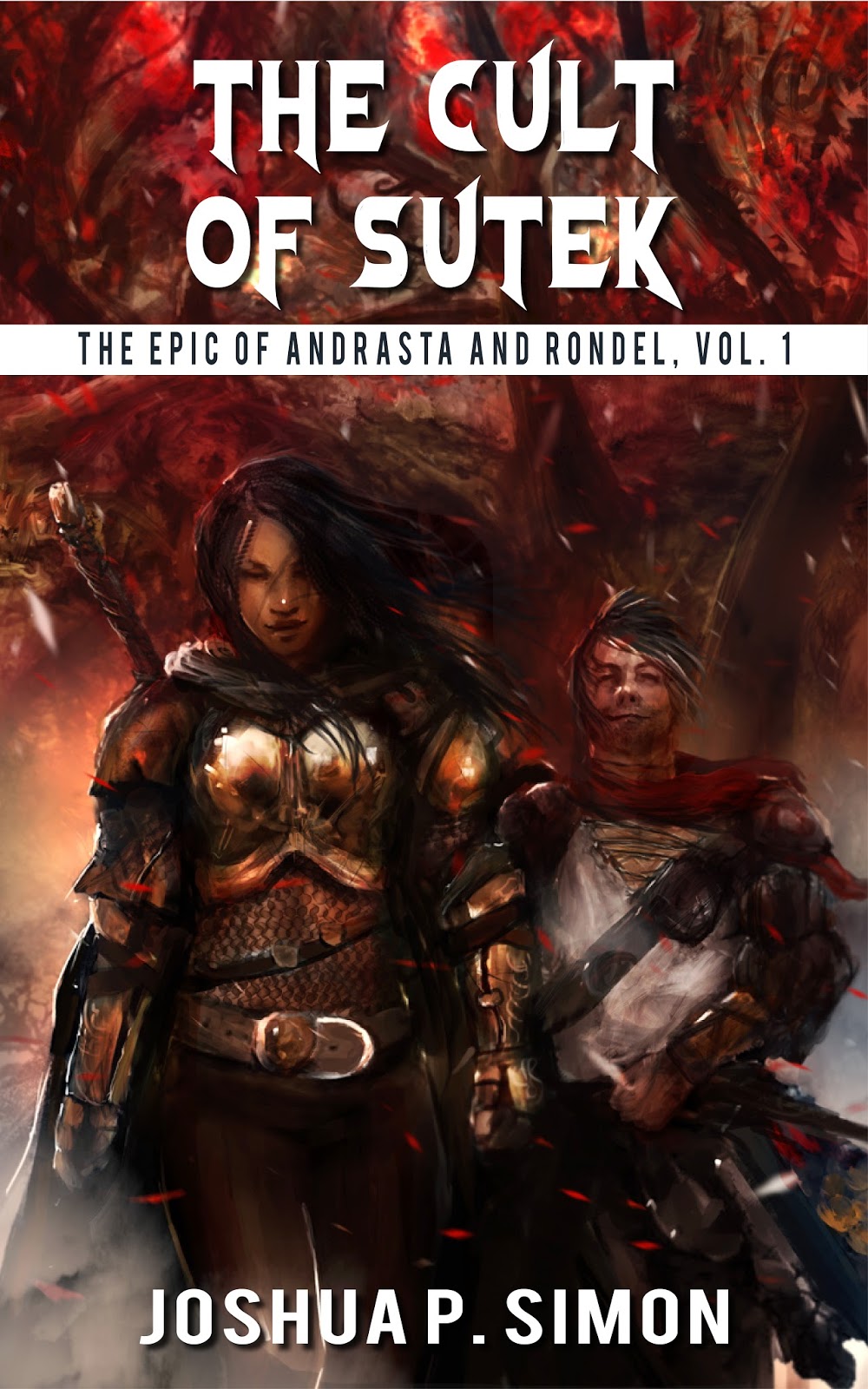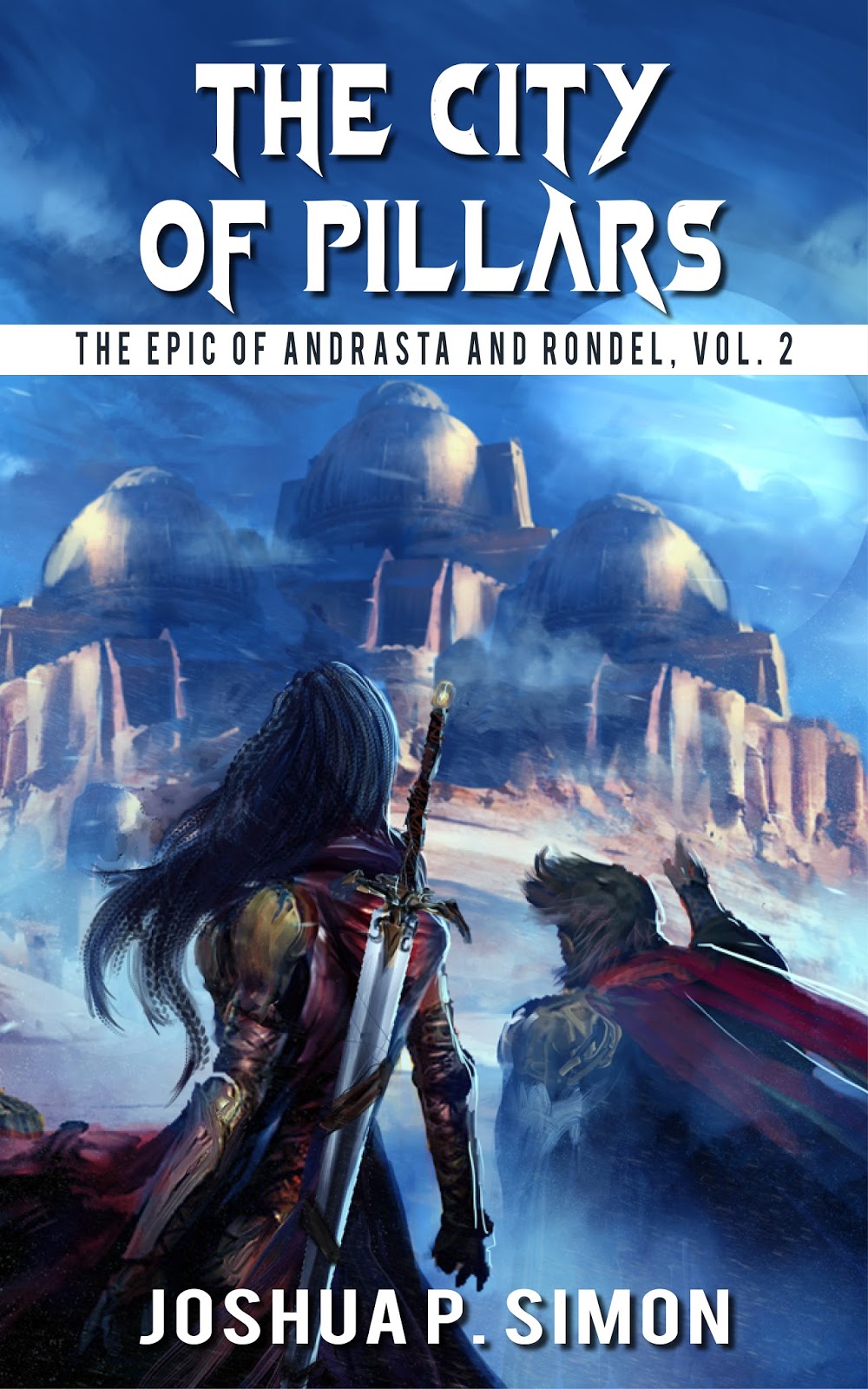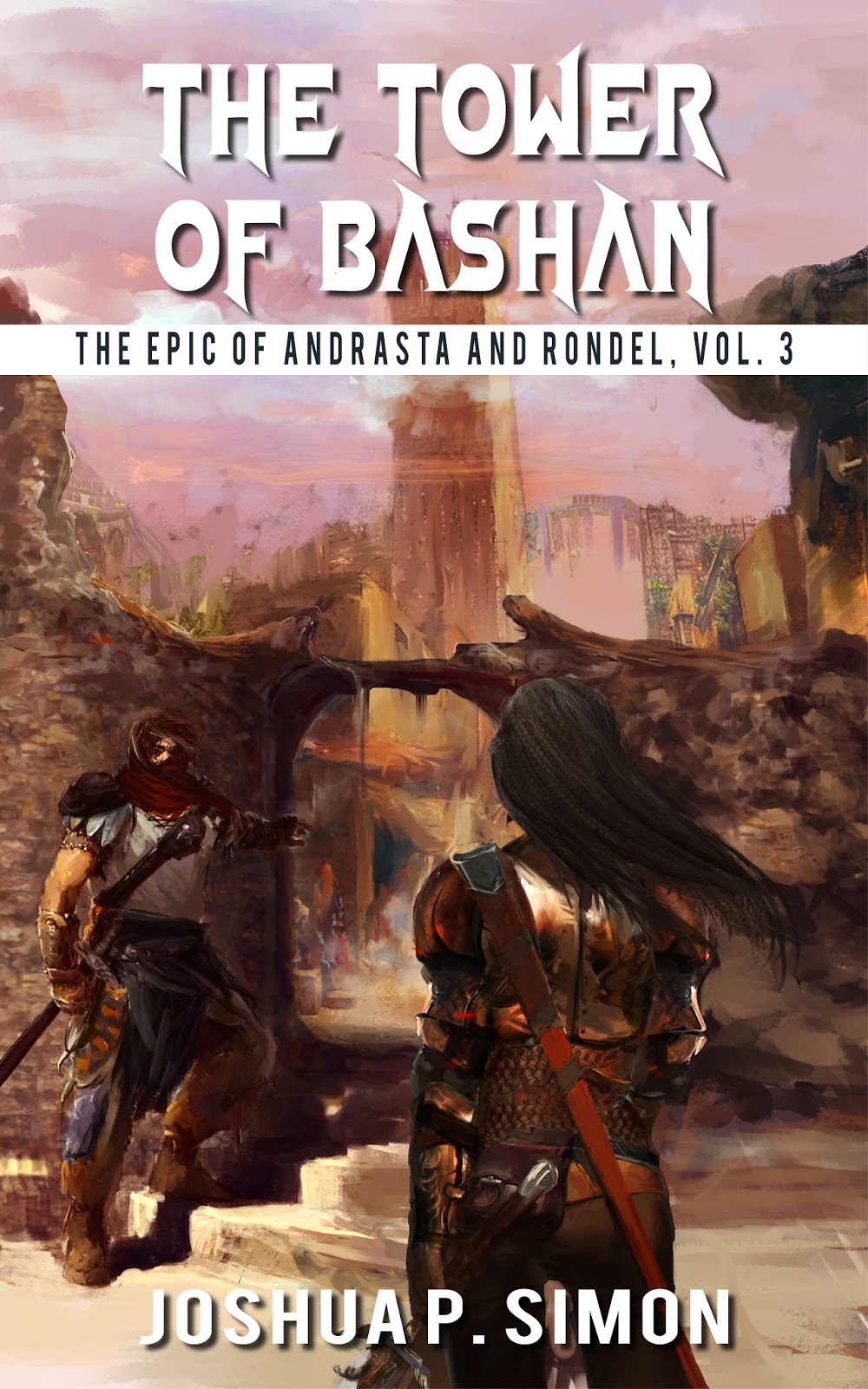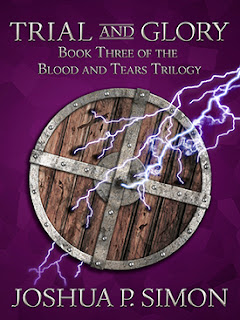Rise and Fall: Book One of the Blood and Tears Trilogy is available on Amazon.
If you do not have an ereader or a phone capable of acting as an ereader and are interested in reading the story, you can always download the Amazon Kindle application for your desktop or laptop and read it from your computer.
Rise and Fall will also be offered in print. However, I’m waiting to receive a proof copy before making this option available to the public. I’ll post here on my blog once it is finalized.
Here is a brief synopsis of the story:
An ill-prepared queen, a soft-hearted mercenary, and a crippled warrior struggle as a kingdom falls and an empire rises.
For years the High Mages of Cadonia have maintained an uneasy peace among the nobles disgruntled with the rule of the king. In the aftermath of a tragic event, Elyse, the king’s daughter, is thrust into a role she is not ready for. As queen, she must now determine who to trust while struggling to keep the kingdom from collapsing around her.
The Hell Patrol, a legendary mercenary outfit commanded by Jonrell, finds itself disenfranchised with their current employer. Recalling a promise he made over a decade ago, Jonrell breaks his contract in order to right the wrongs of his past.
On the continent of Hesh, the Blue Island Clan has long been ignored by its neighbors. Tobin, a warrior and son of the Clan’s ruler, struggles as an outcast as he watches his brother Kaz lead his father’s army to glory. Emboldened by a new friendship with a mysterious shaman, Tobin finds himself gaining the respect he always wanted.
An epic fantasy tale, Rise and Fall is the first book in the Blood and Tears Trilogy.
To read an excerpt of Rise and Fall (the first three chapters), click the “sample” button below. If you like the sample, consider giving the rest of the story a shot.

One last thing. If you like what you read, please leave me a comment below, shoot me an email at joshuapsimon.author@gmail.com, or leave me a review on the site where you purchased the book. I’d love to hear from you.
And most importantly spread the word by telling friends and family about the book! Another easy way to help me out is by clicking the “Like” button or “Share" button on the Amazon product page. Thanks!



